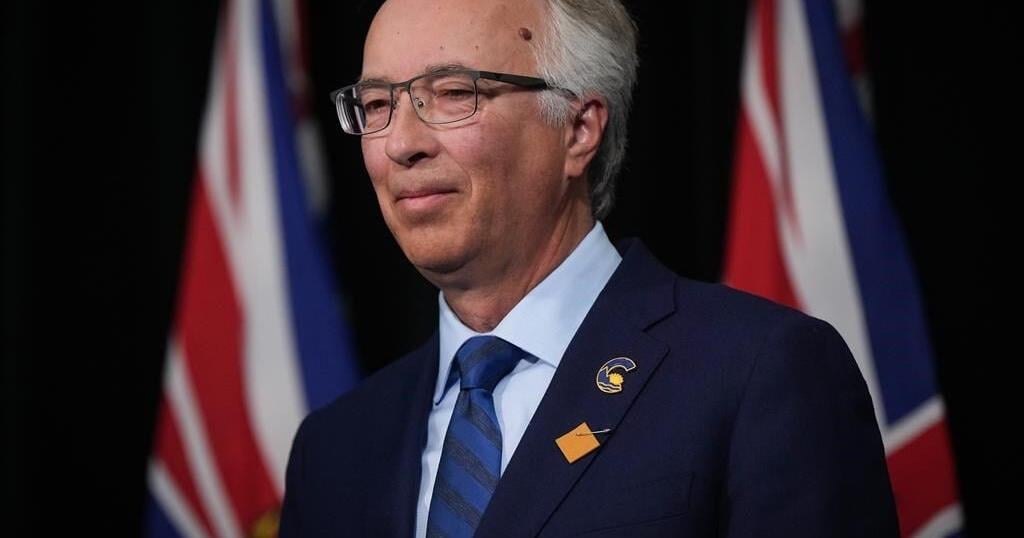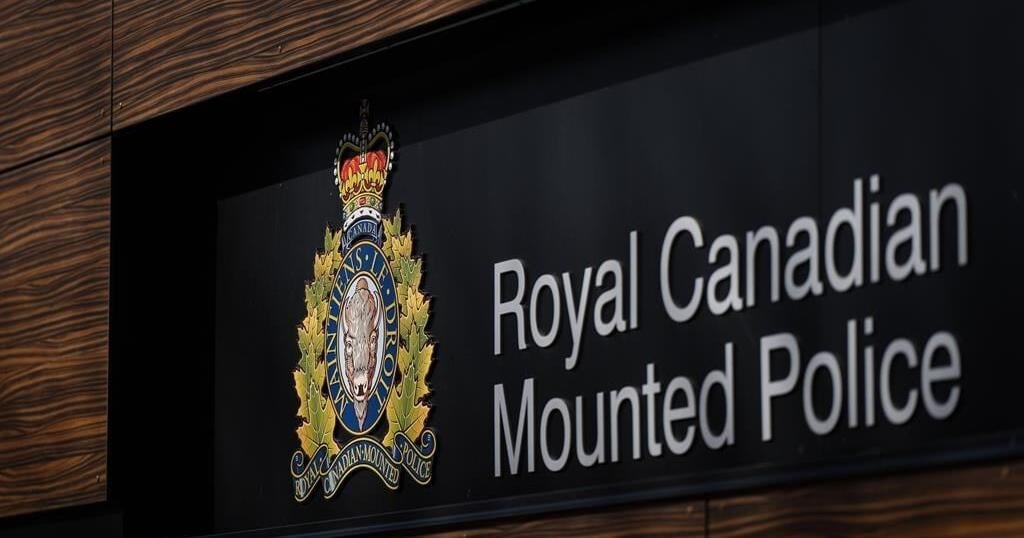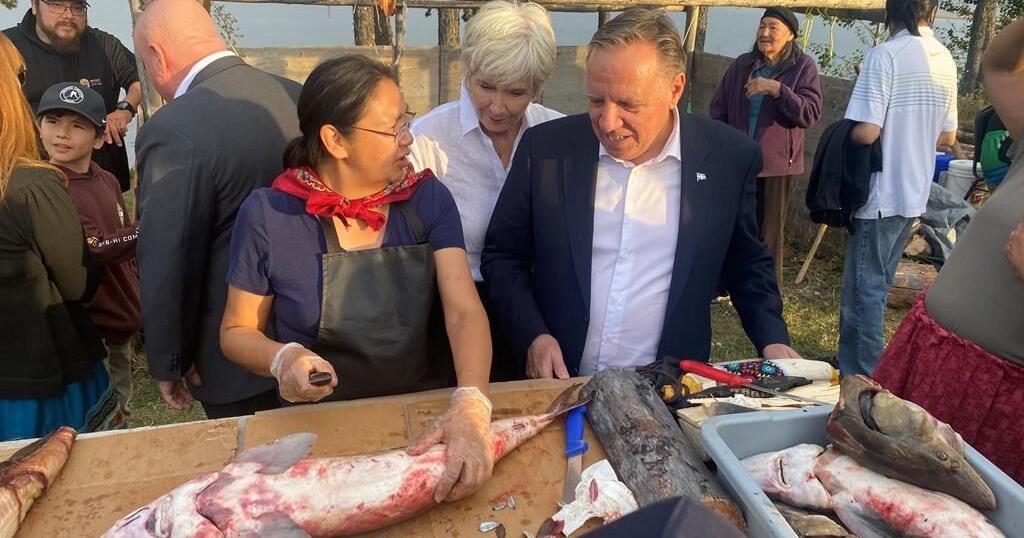VICTORIA – Emotions were still raw at the British Columbia Legislature on Thursday, after the bombshell announcement that the Official Opposition BC United would not contest the fall election.
At least one BC United staff member was in tears as she walked into the legislature.
Veteran members and neophyte nominees alike ended their candidacies, expressing various degrees of shock and enthusiasm over Wednesday’s stunning developments that had thrown their political plans into disarray.
Other incumbent BC United legislators and candidates who had been expecting to run under the party’s banner on Oct. 19 face a shakeup after Leader Kevin Falcon’s surprise decision to withdraw their nominations, urging voters to instead support one-time rival, the B.C. Conservative Party.
The Conservatives had been surging in the polls while BC United languished far behind despite the party’s Official Opposition status, raising the prospects of vote-splitting on the centre-right, that triggered Falcon’s drastic move.
BC United candidates would instead be pooled under the Conservative banner, Falcon and Conservative Leader John Rustad said on Wednesday, with nominations to be reassessed in light of the deal between the two leaders.
But there are only 93 ridings up for grabs and BC United and the Conservatives have jointly listed 140 candidates, meaning the unified list of nominees must be reduced by a minimum of 47.
That winnowing process got a little easier on Thursday, as some veteran members of the 23-member BC United caucus indicated their plans.
Former minister and opposition leader Shirley Bond announced she was ending her candidacy in Prince George-Valemount, saying in a statement that Falcon’s move “came as a complete surprise.”
She said she had spent the previous 24 hours thinking about what to do, and would now spend “a few days to reflect and spend time with the family I cherish.”
Kamloops-South Thompson MLA Todd Stone had earlier told a news conference in Kamloops he would not be seeking re-election and urged supporters to instead back Conservative candidate Ward Stamer, mayor of nearby Barriere.
Peace River South MLA Mike Bernier said he would run as a Conservative if asked, but was not ruling out campaigning as an independent.
Bernier said he was waiting for Rustad to ask him to run in the staunchly conservative Dawson Creek area riding, which he has represented since 2013.
“If he wants to have me, as I think I am the best candidate for Peace River South, then that means he needs to go to the person who’s been nominated for the B.C. Conservatives and say, ‘Sorry, you’re not running now,’ ” said Bernier.
He had said Wednesday that everybody in the BC United caucus and party staff were “blindsided” by the day’s events, which were arranged in secrecy the night before between Rustad and Falcon.
Bernier said he organized an emergency Zoom meeting of confused caucus members that took place about 90 minutes before the Falcon-Rustad news conference about the deal.
Bernier said Falcon participated in the call, but suggested his presence was brief and tense.
“(We) felt really blindsided,” he said. “To all of a sudden out of nowhere get a call, saying, ‘Oh, by the way we’re not going to be supporting nominations for anybody and Kevin Falcon is basically, as he says, jumping on the sword to make sure we don’t have an NDP government.'”
But Bernier said that by doing that, Falcon “basically threw us all out there into the wind.”
Bernier, who was BC United’s forestry critic and a former cabinet minister in the party’s previous incarnation as the BC Liberals, said he wanted to run and constituents were urging him to seek re-election.
“I am already getting numerous texts and calls from people in my riding saying, ‘don’t let this deter you, run as an independent, you’ll still win,'” said Bernier.
Neither Rustad nor Falcon would say outright Wednesday that previously chosen candidates for either party would be replaced, although it appears inevitable — BC United’s website says it has 57 nominated candidates and the B.C. Conservatives website says it has nominated 83.
Elections BC reports that 30 BC United candidates and 64 B.C. Conservative candidates have submitted nomination papers.
Bernier said he respected Falcon’s decision to suspend BC United’s campaign to prevent a centre-right vote split, but he still wants to be part of the effort to defeat Premier David Eby’s New Democrats.
Prof. David Black, a political communications specialist at Greater Victoria’s Royal Roads University, said the candidate transition faced deadline pressures, with the official campaign period set to start in less than a month, but it could help strengthen the Conservative team.
“There is a lot of logistical work ahead, but that is an acceptable price to pay given the advantages this brings to the Conservatives,” he said. “They get an expanded pool of incumbent BC United MLAs to draw upon, who have governing experience, are known to their constituents, and come pre-vetted.”
He said the Conservatives can also draw upon BC United’s experienced support staff and some incumbent candidates could help win seats in currently held urban B.C. ridings.
But tensions were clear among some BC United stalwarts.
West Vancouver-Capilano BC United MLA Karin Kirkpatrick posted a message on social media to “our friends on the right,” that not all BC United voters would support the Conservatives.
“Did their masterminds consider that all of the middle-of-the-road voters would be forced to swing to the left,” said Kirkpatrick, who had announced in February she was not seeking re-election.
She later added: “You have left all of us middle-of-the-road centrist voters with no political home here in BC. Thanks a lot.”
The BC United candidate who took her place, Caroline Elliott, displayed no such reservations.
“I’ll be the first to stand aside in my local riding to support the best chance to defeat the NDP,” she said on X.
Other non-incumbent BC United hopefuls also took to social media to announce the end of their candidacies.
Markus Delves, standing in Abbotsford South, said on X that his campaign had “come to an end,” while Sean Flynn in Langford-Highlands changed his biography on X to say “no longer a candidate for BCU.”
Green Leader Sonia Furstenau said politics in B.C. appeared to be returning to its traditional right-versus-left divide.
“It’s disappointing to see Kevin Falcon just unilaterally, it appears, choose to end the BC United campaign and from all appearances, the party,” she said in an interview.
“It’s disappointing he didn’t work as a team with his candidates and MLAs, some of whom have served in the legislature for a very long time.”
This report by The Canadian Press was first published Aug. 29, 2024.























